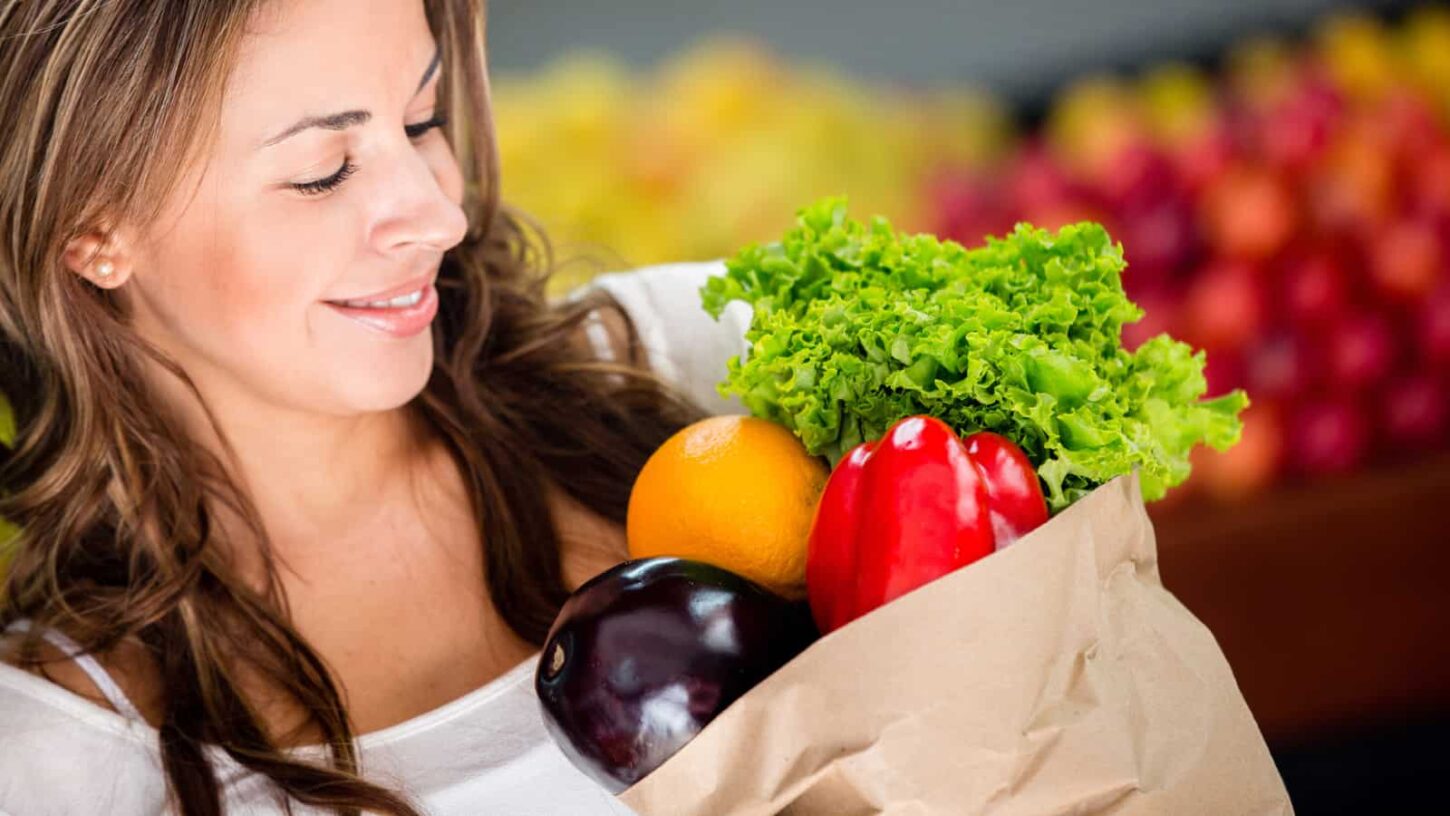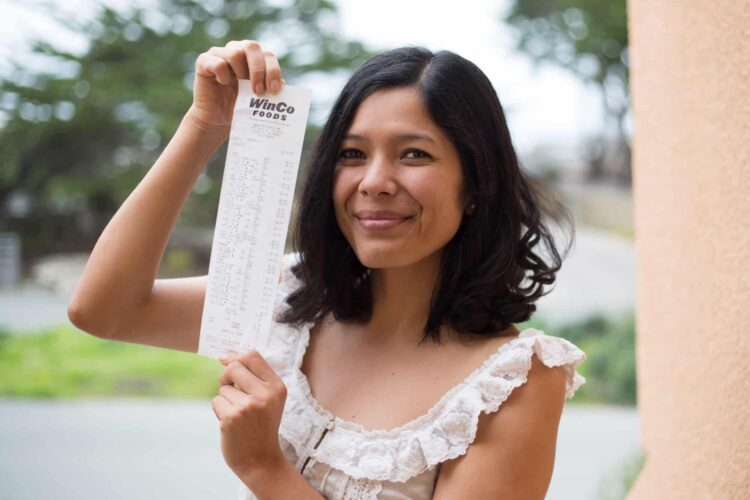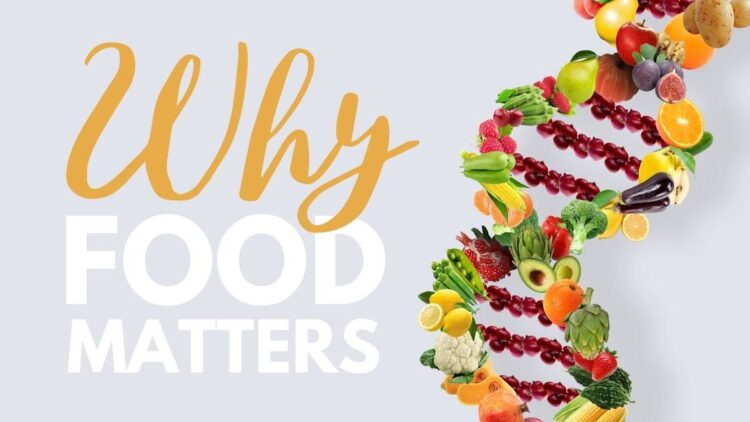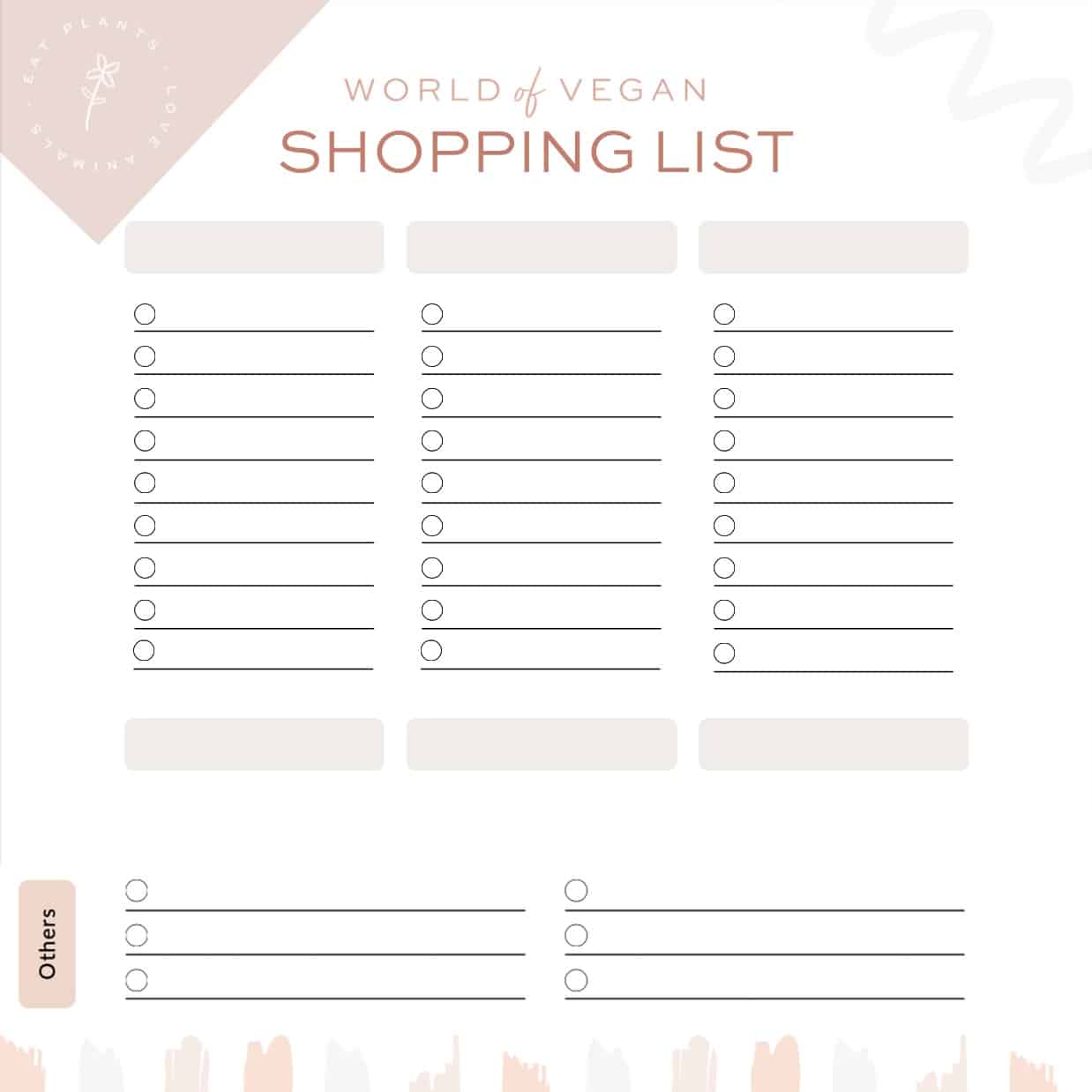Bringing Community Voices to the Table: Challenges to Accessing Healthy Vegan Foods


“To keep oneself healthy requires a lot of money.”
“They have almost no produce. The produce they do have is rotten.”
“I believe diabetes, like every other illness, is not only individual. It’s collective.”
These are the voices of residents in San José as they spoke out for healthy food access in Food Empowerment Project’s (F.E.P.) important new study, which links to our work on access to healthy foods in Santa Clara County, California. F.E.P.’s study dispelled some of the persistent myths in the vegan community that it is easy to be vegan on a low income. Access to vegan food—particularly healthy vegan food—in the United States is a complex issue. Barriers to accessing healthy vegan food include primarily the cost as well as proximity, transportation issues, the lack of a living wage, and lack of time. By organizing focus groups with community members in San José, F.E.P. has begun to understand and address the complex conditions that prevent low-income communities and communities of color from accessing healthier food options.
To give you a sense of some of the complexities and challenges of food access issues, here are a few findings from F.E.P.’s 2010 Santa Clara County study:
- There are twice as many large supermarkets and stores carrying fresh produce in higher-income communities than lower-income ones.
- Access to organic fruits and vegetables is almost non-existent in lower-income areas.
- Vegan milk alternatives are available in only 1% of stores in lower-income areas and communities of color (compared to 21% in higher-income areas), despite the fact that most humans do not continue to produce the lactase enzyme (needed to digest milk) into adulthood.
- “Meat” alternatives are available in only 2% of stores in lower-income areas, compared with 22% in higher-income areas.
A common response to issues of food access is pushing to increase the number of farmers’ markets and community gardens in lower-income neighborhoods. Certainly this would help; however, these spaces do not always solve problems of food access. Participants in the study explained that farmers’ market prices are often beyond their means or are held at times when residents have to work. Community gardens are often privately owned or plots are individually tended, with long wait times to get one. For many, accessing healthy food means often needing to shop at several different stores, taking buses to other areas of town, and making compromises by buying canned produce when fresh produce is not available or affordable. Paired with these challenges, residents of San José are deeply concerned about the health effects of this lack of access: high rates of diabetes, high cholesterol and blood pressure, and other diet-related diseases. Community members very much want greater access to affordable, healthy food, and many are interested in learning more about cooking with healthy, culturally-appropriate ingredients.
As a global vegan community, we can advocate veganism better by understanding the unique challenges of access to healthy food that are experienced by communities of color and low-income communities. And we can make positive and effective change by listening and working with communities seeking greater access to healthy food as a more inclusive and effective movement for food justice. Through this study, F.E.P.—in coordination with the participants in the study—makes a number of recommendations for improved healthy food access:
- More information! The most common recommendation was that more information is needed about location/time of farmers’ markets, community garden rules, cooking and preparation of healthy foods, and nutrition.
- Opening grocery stores (especially those with decent produce sections) in lower-income areas would be an enormous help. F.E.P. recommends cooperatives, which would allow the money to stay in the community.
- Offer community cooking classes, where participants can learn and share recipes for healthy vegan meals.
- Cities should dedicate more space to public community gardens, along with education about how to grow and prepare fresh produce.
- Farmers’ markets entering lower-income communities should survey residents to find the best times, days, and locations to hold the market. Information about farmers’ markets should be posted in multiple languages.
- Cities should promote the “double bucks” program, which allows EBT to go further when used to purchase healthy food.
The bottom line is that many of these communities do not have access to more than, say, a banana, potato and an onion at a time so eating healthy and vegan might not be possible.
For the full list of recommendations and other ideas for how you can be an effective advocate for increased access to healthy food, you can read F.E.P.’s report here.










